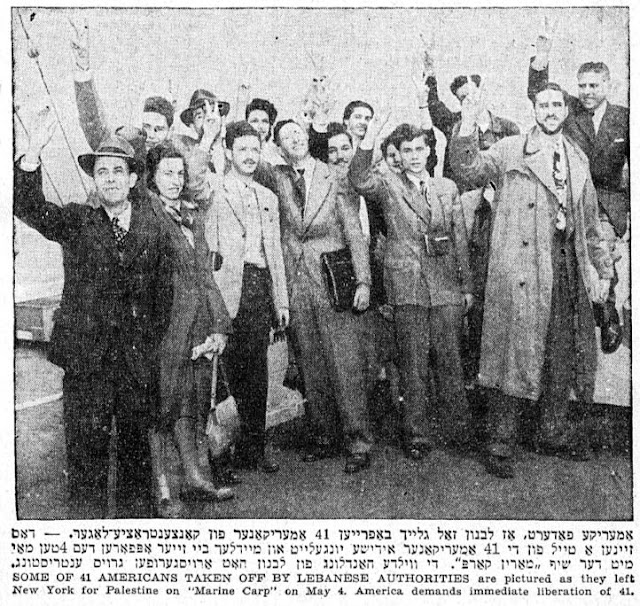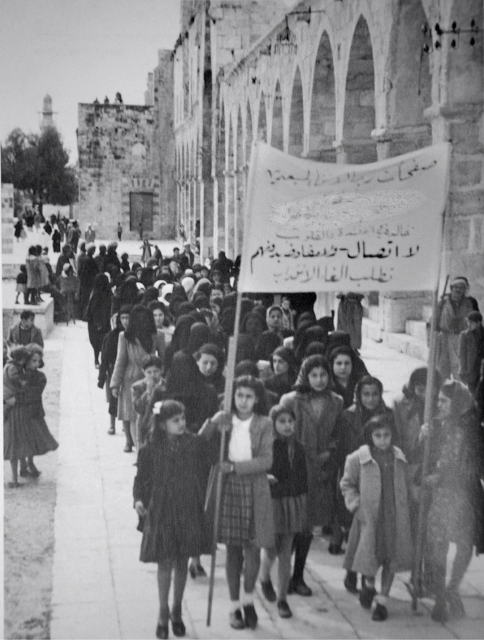"The Greek Palaistine and the Latin [Rome] Palaestina… appear to refer not to the Land of the Philistines [Pleshet in Hebrew], but to the Land of Israel…. The Philistines [Plishtim in Hebrew] arrived on the eastern coast of the Mediterranean from Greece or Cyprus in approximately the 13th century BCE…. The Israelites’ traditional foes, the Philistines lived in a small area along the Mediterranean coast south of what is today Tel Aviv, an area that embraced the five towns of Gaza [hometown of Delilah], Ashdod, Ashkelon, Gath [hometown of Goliath] and Ekron….
“As early as the
Histories of Herodotus [the Greek founding father of Western historians] written in the second half of the 5th century BCE, the term Palaistine is used to describe not just the [Philistines’] geographical area, but the entire area between Phoenicia and Egypt – in other words, the Land of Israel [including the Judean Hills, referred to by some as the ‘West Bank’]…. Like Herodotus, Aristotle [along with his teacher, Plato, the founding fathers of Western philosophers] gives the strong impression that when he uses the term Palestine, he is referring to the Land of Israel…. In the 2nd century BCE, a Greek writer and historian Polemo of Ilium made a similar link between the people of Israel and Palestine….
“The early 1st century Roman poet, Ovid, writes of ‘the seventh day feast [the Sabbath] that the Syrians of Palestine [the Hebrews] observe….’ Another Latin poet, Statius, and the writer Dio Chrysostom use ‘Palestine’ and ‘Palestinian’ in the same sense….
“Likewise the early 1st century CE Jewish philosopher, Philo of Alexandria, occasionally, uses the name Palestine when referring to the Land of Israel….
“’Palestine’ is the
Greek equivalent of ‘Israel.’”
The Greek word ‘Palaistine’ is remarkably similar to the Greek ‘Palaistes’, meaning ‘wrestler’…. The name ‘Israel’ arose from the incident in which Jacob [the Patriarch] wrestled with an angel (Genesis 32-25-27). Jacob received the name Israel because he wrestled successfully (sarita’ in Hebrew) with the Lord (El in Hebrew)….
"The striking similarity between the Greek word for wrestler (palaistes) and the name Palaistine – which share seven letters in a row, including a diphthong – is strong evidence of a connection between them…. The central event of a wrestling contest by the ancestor of this Semitic people against a divine adversary is likely to have made a deep impression on the Greeks [who admired wrestling, which took place in structures called ‘palaestra’]….
“The
Roman Emperor, Hadrian, officially renamed Judea Syria-Palaestina after his Roman armies suppressed the [Jewish] Bar-Kokhba Revolt in 135 CE. This is commonly viewed as a move intended to sever the connection of the Jews to their historic homeland. However, that Jewish writers such as Philo and Josephus used the name Palestine for the Land of Israel in their Greek works, suggests that this interpretation of history is incorrect.
(full article online)
Clarifying the Palestine Saga




